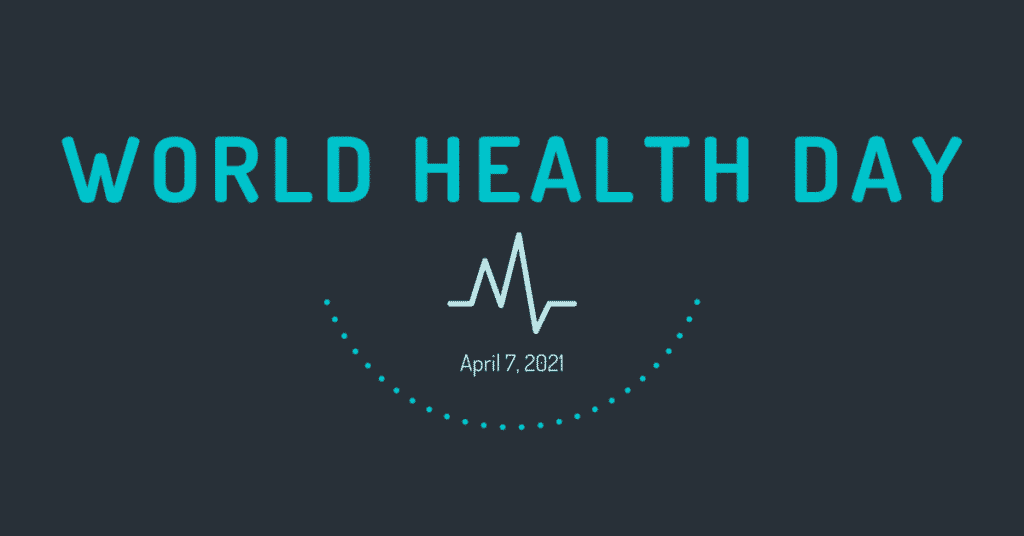We are in the thick of a healthcare recruiting crisis. CNN reports that the U.S. will need to hire 2.3 million new healthcare workers by 2025 to keep up with the aging Baby Boomer population. Nurses, physicians, lab workers, and home health aides—we simply don’t have enough talent. Hiring teams must step it up to do a better job at filling positions in healthcare facilities around the country. How can recruiters pull off a supply when the demand is increasing so rapidly?
Healthcare Staffing Crisis
The numbers are in, and they are daunting. CNN says by 2025 the U.S. will need:
- 446,300 home health aides
- 98,700 medical and lab techs
- 95,000 nursing assistants
- 29,400 nurse practitioners
The numbers are also overwhelming for physicians and nurses, and the impact on patient care will be harsh. From worse clinical outcomes to burnout for the clinical teams that are in place, our system is straining under these serious challenges. How can recruiters step it up? The answer may lie in the candidate referral program to provide healthcare organizations with the staffing they need.
Referral Programs—One of the Three-Legged Recruiting Strategies
Healthcare organizations have gotten smarter utilizing a combination of: 1) Outside Recruiting Agencies, 2) Internal Recruiters, and 3) Referral Programs. They offer perks and bonuses as well as trying to emphasize better work/life balance for their clinical teams. All of these efforts to sweeten the employment opportunity help hiring teams attract more talent.
But where do the rest of the candidates come from? An advertisement certainly can gain the attention of a candidate. Agency recruiters work all day long, seeking out the passive healthcare candidate. But a referral program is the sweet buttercream icing on the chocolate cake of healthcare.
The research shows us that one-third of Americans will make a referral to a friend about a job just because it makes them feel good. That same research indicates only about 11% of the referrals come because the referring party was enticed by a financial bonus or another reward. It seems that referring a colleague or friend to a good job is motivation enough for most people.
If your organization is considering a referral program, make it simple but rewarding for the referring party. Empower everyone in your organization to refer others and recognize them —and this includes your patients. Create a concise, clean policy statement documenting what makes a good candidate, how to refer them, and the rewards and/or recognition they’ll receive if their candidate is hired.
Referral Programs are the Best Candidate Resource Tool
A candidate referral is often far better than web pages, social media, or networking. Employee referrals are the best at providing recruiters with high-quality talent, and the best organizations work hard to solicit and receive referrals. Developing a comprehensive referral program, integrated with smart marketing techniques, will help your organization overcome the looming talent shortage threating the U.S. health system.
UHC Solutions works closely with FQHCs to implement candidate searches that leverage all of the resources at our disposal, including referrals. Talk with our team to fill any hiring gaps to help you prepare for the future.









